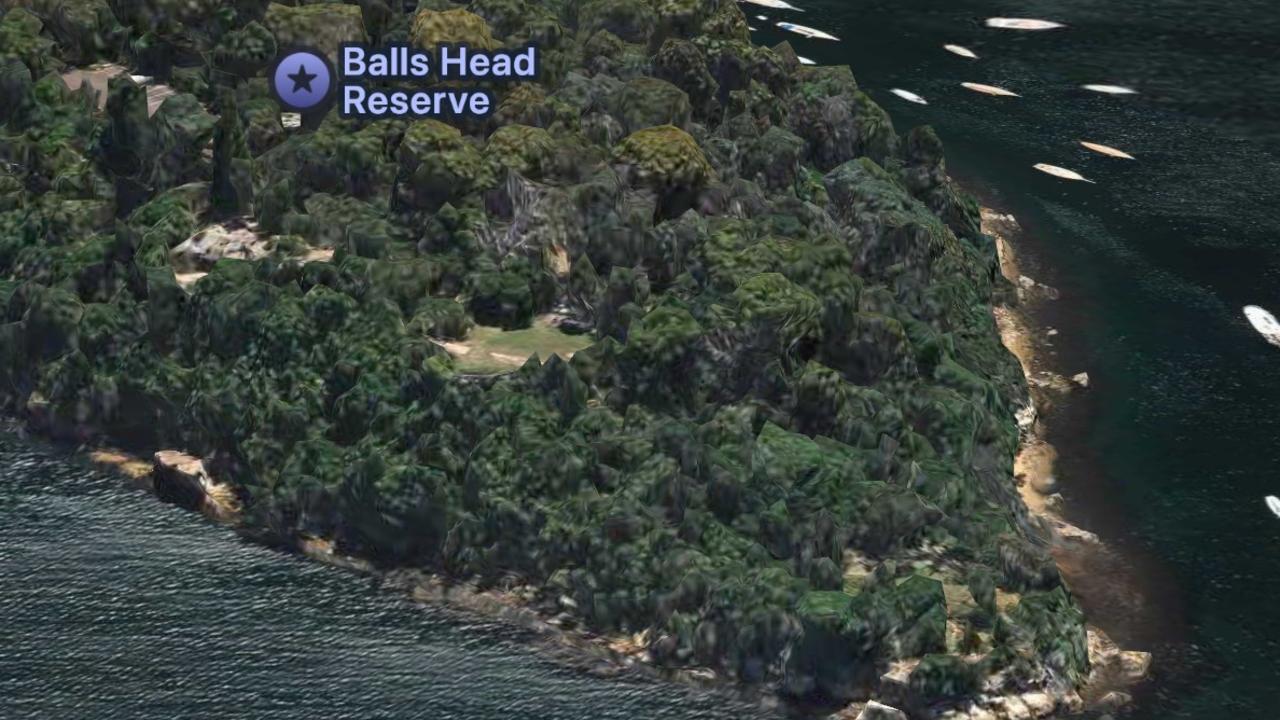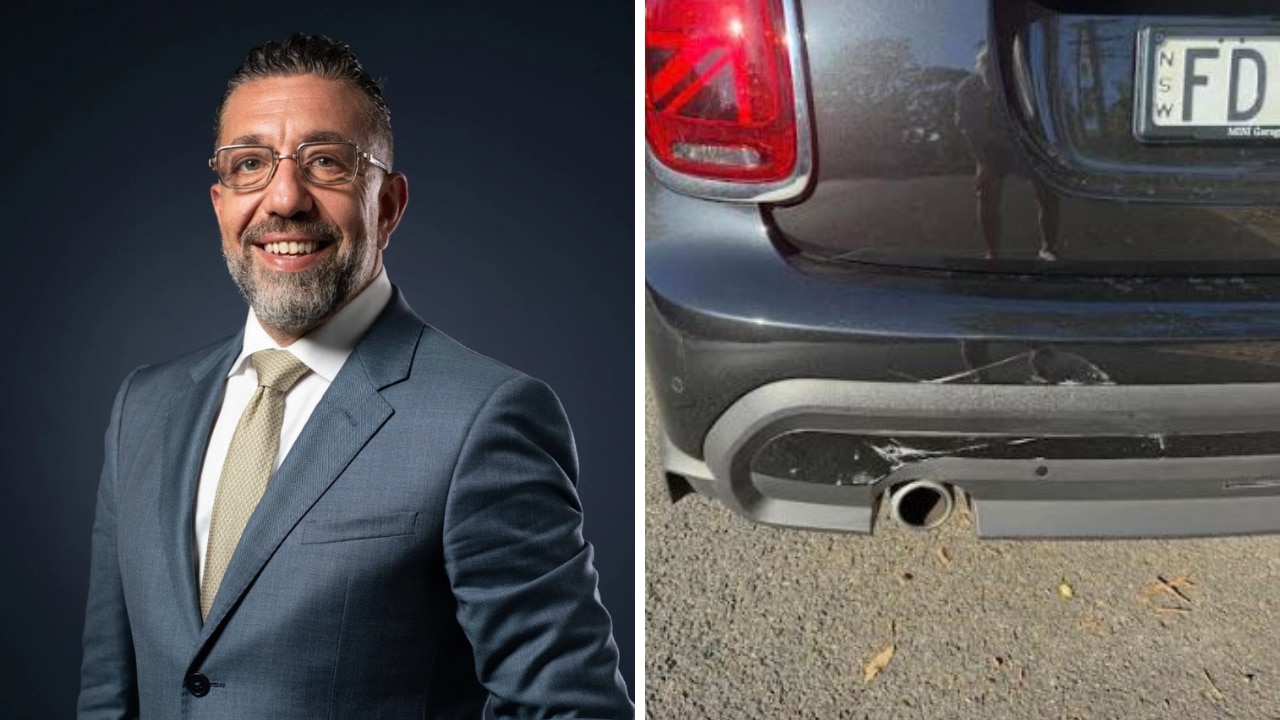Tackling depression head-on: Tough times in the world of ‘real’ men
THEY are Australia’s hard men – footballers and miners – better known for being tough than getting in touch with their emotions. “Men are too proud and don’t want to look soft,” agreed former NRL stalwart Shaun Timmins.
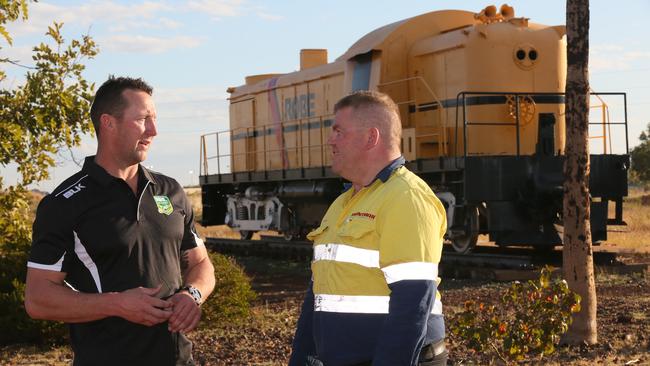
NSW
Don't miss out on the headlines from NSW. Followed categories will be added to My News.
THEY are Australia’s hard men – footballers and miners – better known for being tough than getting in touch with their emotions.
“Back in the day people just used to say harden up,” said miner Justin Reid.
“Men are too proud and don’t want to look soft,” agreed former NRL and origin stalwart Shaun Timmins. “But the message is that it is not weak to speak.”
Timmins and fellow NRL ambassador Josh Perry took the NRL’s State of Mind campaign to miners in Western Australia this week. Legends Petero Civoniceva and Alan Tongue arrive to continue the message today. (SAT)
“Depression is a really big issue for blokes. They keep all their emotions bottled up and it makes it worse,” said Timmins, 37, who spent six years working in a coal mine in Wollongong after retiring from football.
“My brother’s best mate was a miner and we just didn’t see the danger signals. My brother found him after he killed himself, it was really hard,” he said.
Australia’s big mining companies approached the NRL and asked them to take the State of Mind campaign to Western Australia after seeing the campaign’s TV ad launch starring origin tough guys Paul Gallen and Nate Myles.
“I think for miners they can relate to a footballer talking about this stuff rather than some doctor or expert that they will just tune out,” said Timmins.
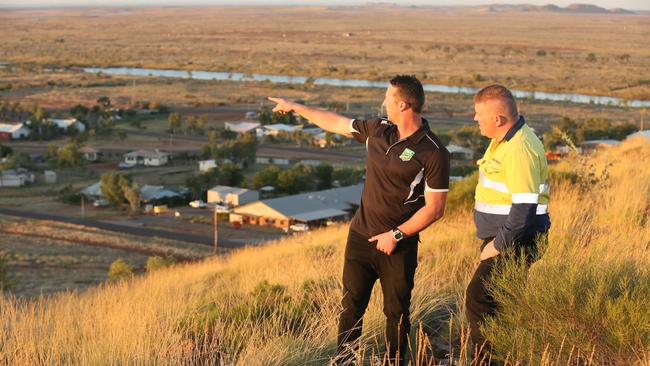
And the message is badly needed after a spate of suicides among fly in fly out (FIFO) workers in Western Australia. There have been eight deaths in the Pilbara in the last 12 months.
“They stay in a tiny dorm that’s like a jail cell, work long hours and don’t see their families for weeks at a time,” said Timmins. “I have been here two days and I am really missing my kids. I don’t know how they do it.”
Young father Rhys Connor couldn’t do it. The 25-year-old Pilbara miner left a suicide note that said people “don’t know what it’s like to work FIFO and have depression”.
His family released details of the note on the first anniversary of his death this week. Just before he died he also told of the tough life miners have in a Government video.
“You’re in a room every night of the week,” he said. “You just think about things. You think about your family and what they’re doing (right) now and go from there.
“There’s people out there that seem to be fine and deep down they’re not.”
Maintenance plant manager Mr Reid, 44, has worked on mines his whole life. “You see depression everywhere from people in the top jobs to the guys who clean out the dongas,” he said.
“They are working four weeks on and one week off. Long days, they are getting fatigued. I have been briefing guys who have fallen asleep in front of me. They are tired so they are not thinking straight, there sleep patterns get interrupted and then they get depressed,” he said.
But what none of these men have done in the past is talk about what is going on. And it is a problem suffered by all Australian men, not just miners.
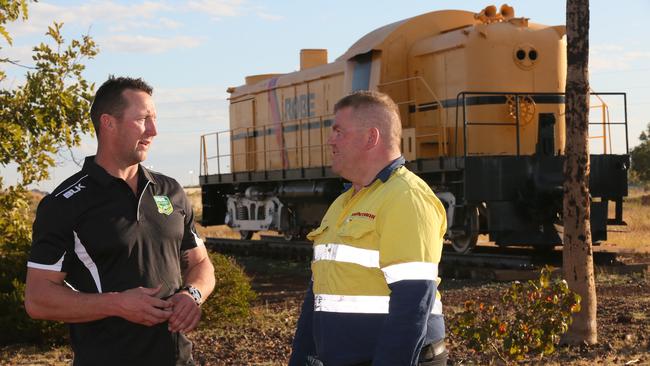
Black Dog Institute researcher Dr Michael Player has just finished a major study, travelling to every state in the country, to talk to men who have attempted suicide and their families.
“Suicide in men is four times higher than in women,” he said. “They start off in a low mood, become stressed, isolate themselves to avoid talking about it and then adopt ineffective coping mechanisms.
“Men don’t tend to identify with crying and sadness. They take risks, they get into fights in bars or drive their cars fast as part of a behaviour that tries to turn their emotion into an action they can control,” said Dr Player.
They also try to numb their emotion with alcohol. When it no longer works, a minor thing, perhaps not being able to pay a bill, will push them over the edge and into suicide.
“The men I spoke to said they felt ‘I can’t help myself, I can’t ask for help and I can’t find another way out’,” he said.
The answer for Australian men is as simple as it is difficult. “Talk to someone,” said Dr Player.
“Men need to feel connected – a friend or a family member needs to get in their space and not take no for an answer.
“One man who had attempted suicide said to me: ‘You need to get a third person involved to play off the two in your head’.”
Another was saved by a neighbour coming round every morning and making him a cup of coffee and rousing him out of bed. Every day he got up was a victory he could build on.
NRL Community Relations Manager Jodie Cross said: “The State of Mind campaign aims to break down stigmas in relation to mental health and encourage members of the community to take responsibility for their mental wellness and those around them.
“The mining talks are effective because former NRL players are engaging in this male dominated environment.
“We had a man come up to us in tears after the talk on Thursday night at the Wickham mine. He said: ‘Thank you, I will go and get help now.’ If we have helped one miner speak up and get help then we have done our job,” she said.
For more information contact: www.blackdoginstitute.org.au or www.nrlstateofmind.com.au


 Men don’t tend to identify with crying and sadness. They take risks, they get into fights in bars or drive their cars fast
Men don’t tend to identify with crying and sadness. They take risks, they get into fights in bars or drive their cars fast
